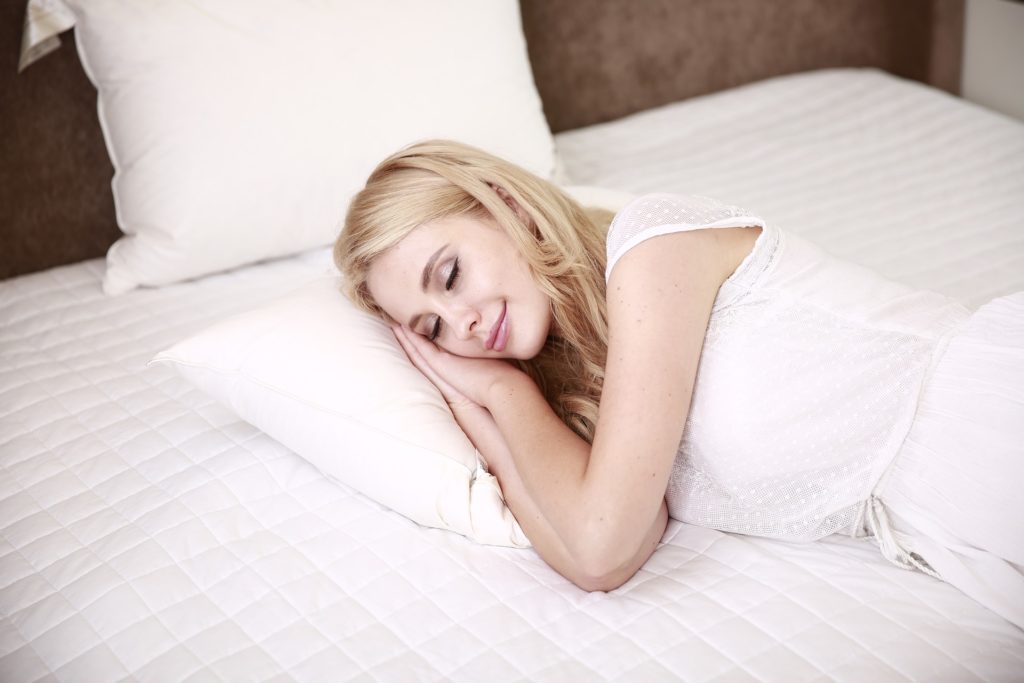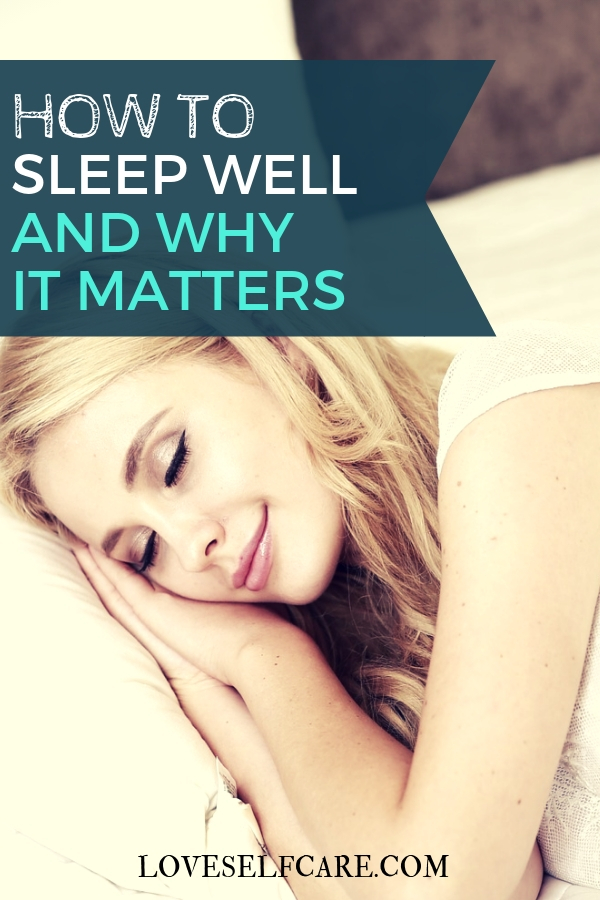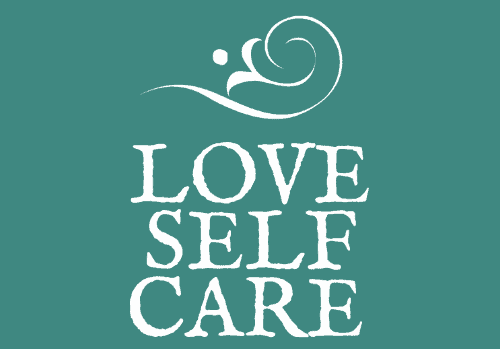
One of the most basic aspects of self-care is taking care of your body physically. If you have ever had a newborn baby, you know what sleep deprivation can do to a person. Much as we all love our sweet babies when they are first born, few people are equipped to deal with lack of sleep.
Learning how to sleep well is a skill that can be mastered to greatly improve the odds of your getting a good night’s sleep. Sleep is important and critical to your overall well being.
The Basics of Learning How to Sleep Well
Practice Good Sleep Hygiene
One of the first things you will want to do for a good night’s sleep is practice good “hygiene”. One of the most important rules for getting a good night’s sleep is to not artificially keep yourself awake at a time when your body should normally be getting tired. This is why you want to limit drinks with caffeine in them the closer it gets to bedtime (some sources advise not drinking any caffeine after afternoon).
You also want to turn off your various electronic devices a minimum of 30 minutes to 2 hours before you plan to go to bed. According to the National Sleep Foundation “Using TVs, tablets, smartphones, laptops, or other electronic devices before bed delays your body’s internal clock(a.k.a., your circadian rhythm), suppresses the release of the sleep-inducing hormone melatonin, and makes it more difficult to fall asleep. This is largely due to the short-wavelength, artificial blue light that’s emitted by these devices. “
It is also a good idea to not eat a big meal before bed. Over the years there has been a debate about whether or not it causes you to gain weight (the current consensus is that calories are calories). However, eating and then lying down is bad for your digestion, especially if you have any kind of heartburn issues. So, if you are going to eat before bed it is preferable to eat something light and easy to digest.
Set a Schedule and Keep To It
From Sleep.org “Understanding your body’s internal clock—or circadian rhythm—is the first step to better sleep. Your circadian rhythm (also known as your sleep/wake cycle or bodyclock) is a natural, internal system that’s designed to regulate feelings of sleepiness and wakefulness over a 24-hour period.”
Your body prefers to go to bed and get up at set times every day if possible. If you can get into a pattern of getting ready to go to bed, being in bed, and then going to sleep at a set time, you should have an easier time of falling asleep. If you vary your routine during holidays or even over the course of the weekend by staying up much later or sleeping in later than usual, you may find your sleep schedule is disturbed and you will have to work to get back to your usual sleep/wake schedule.
Get Enough Sleep
There is a lot of value in getting enough zzzz’s. Getting enough sleep has shown positive impacts on things like controlling your weight, boosting your immune system, and improving your memory. Plus, we all know how good it feels to have a good night’s sleep. You feel better physically and emotionally. And, the best side effect of enough sleep is having the energy you need to achieve the goals you have in life.
Of course, the opposite is also true. According to WebMD “Getting a good night’s sleep won’t grant you immunity from disease. But study after study has found a link between insufficient sleep and some serious health problems, such as heart disease, heart attacks, diabetes, and obesity.” Lack of sleep can not only lead to health problems, it can also be a safety problem as you are more prone to accidents when sleep deprived.
Set Yourself Up for Success – Sleep Hygiene, Tools, Set schedule
So, now you know how to set yourself up for success for a good night’s sleep. You can practice limiting electronic use before bed, going to bed at a set time, make sure you are sleeping long enough, and use some of the tools below if you need additional help.
Tools to Help You
- Right Pillow – find the right pillow that works for you
- Room Spray- lavender is a popular calming scent to spray before bedtime
- Sheets that work for your body – some people love jersey sheets, others can’t stand them, find ones you like
- Night light or not – some people have to have one, and others don’t like them – personal preference
- No other electronic lights on – having other electronic light may keep you awake
- Room darkening shades – makes sure you can sleep when you need to
- Noise machine or fan – blocks outside noise
- Temperature – opt for cooler rather than warmer
- Magnesium or Melatonin Supplements – Ask your doctor about these
If you are looking for other ideas in the “Basics of Self-Care” Series please see the following:
Why is Self-Care so Important?
Did you enjoy this post? If so, don’t forget to share it on Pinterest!

While you are here, make sure you grab your copy of the "Self-Care Mini-Guide" to help you figure out how to add self-care to your daily life. Just click the link Loveselfcare Self-Care Mini-Guide to download your guide!

[…] Resources: How to Sleep Well (And Why It Matters), Take Care of You – Physically […]